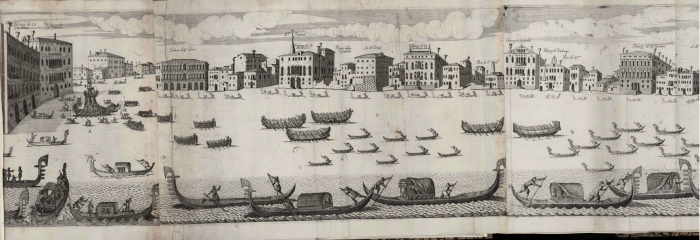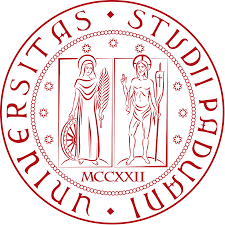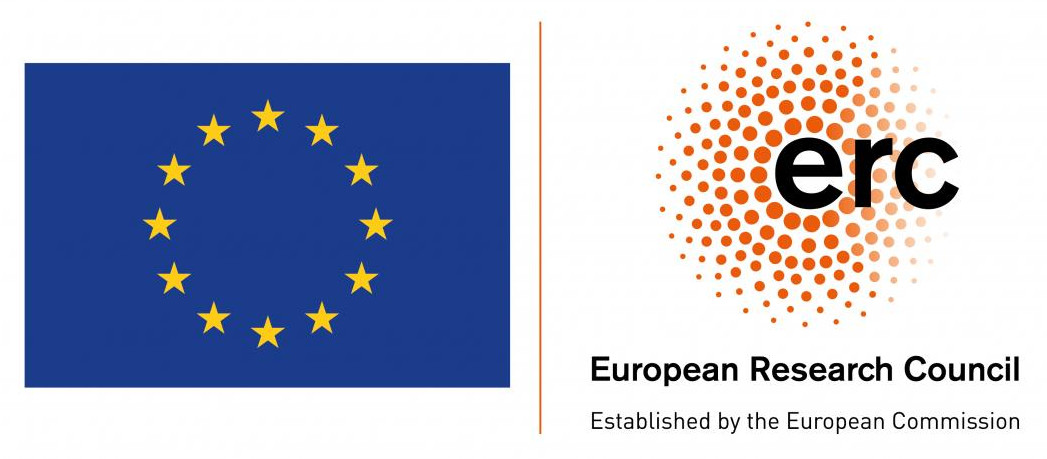Staging Republicanism: Festivals And Festival Books In Seventeenth-Century Venice

Wednesday June 29th, 2022 at 12:00
Location:
Université de Strasbourg - Salle Ourisson 1st floor, Building Lebel, University Campus, 4 rue Blaise Pascal
Speakers:
Alessandro Metlica
•
Università degli Studi di Padova
The representation of power in late-Renaissance
Europe, especially with respect to political theatre and
performative culture, have been investigated mainly in
relation to princely and monarchical contexts. However,
some major players on the European stage, like the
Republic of Genoa and Venice or the Dutch Republic,
have no king to celebrate on their stages nor in their
streets. To what extent does the absolutist framework
influence the display of republican ideals such as freedom,
equality, and the common good? How may the rhetorical
devices of baroque culture extoll a power that does not
apply to someone (the queen or the king) but rather to
something (the republic and republican virtues)? The
ERC Starting Grant project that I lead as PI, RISK:
Republics on the Stage of Kings, pivots on these
questions. In my paper, I will present the general
framework of the project and I will focus then on a case
study in particular: the Venetian festival book (ca. 1640-
1690), which I analyse as a sophisticated tool intended to
represent the festival (in the sense of presenting it again and even recreating it). In the absence of a single ruler,
indeed, both the performance and its typographical
afterlife come to play unprecedented roles.

